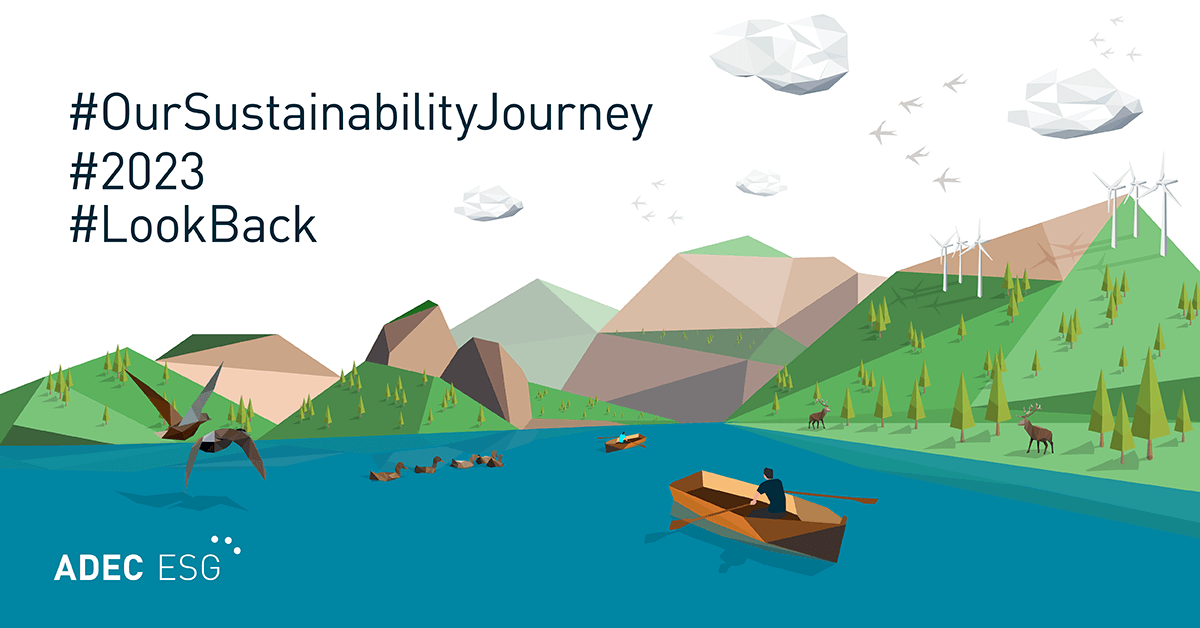 The ability of a company to be sustainable is no longer an option: it has become a necessity. In doing so, organizations must learn to prioritize the optimization of their supply chain operations. Today, major organizations worldwide are utilizing sustainability measures to reduce their carbon emissions.
The ability of a company to be sustainable is no longer an option: it has become a necessity. In doing so, organizations must learn to prioritize the optimization of their supply chain operations. Today, major organizations worldwide are utilizing sustainability measures to reduce their carbon emissions.
As an essential tool to bolster an organization’s sustainability efforts, companies are now starting to identify, track and manage their supply chain emissions. With that in mind, organizations are prioritizing the elimination of waste and reduction of costs by detecting inefficiencies in resource use or consumption. Such resources include fuel, electricity and water.
However, the improvement of one benchmark to strengthen optimization efforts may adversely impact another, which is why it is critical to determine the best supply chain measures that suit an organization’s strategic goals. Furthermore, analyzing and comparing supply chain measures are also important in understanding whether trade-offs may occur. Through the careful consideration of life cycle assessments (LCA) that leverage on demonstrating the probable scenarios of risks and opportunities, organizations find the right balance in optimizing their operations and reducing their supply chain’s carbon footprint at the same time.
There are several metrics that are used in determining the environmental impacts of supply chains, including waste production, emissions, water use and energy use such as gas, electricity and the like. These metrics also need to be carefully examined to determine whether the energy used is renewable, toxic, recyclable or hazardous. It is highly improbable that organizations will be able to list all their metrics and cross them off. Thus, it is essential to consider a careful evaluation of the metrics to determine ideal baselines and optimize those areas to best align with organizational goals and industry requirements. At the same time, companies should try to hold the other metrics as close to the baseline as possible.
The same goes for the evaluation of the overall supply chain performance goals. In order to have a better understanding of an organization’s supply chain trade-off, companies must rely on internal management to assess and monitor their supply chain optimization efforts. Organizations need to look at the overall performance of the supply chain to balance any trade-offs that will have to be made.
As more and more companies adopt a sustainability agenda, they also realize that in the long run, monitoring and reducing carbon footprints makes a good business investment, as it not only helps eliminate waste and reduce costs, but also aids an organization in terms of making better business decisions, such as choosing efficient business partners and suppliers, and helping to mitigate risks brought about by changes in energy and fuel price inflation. In addition, lowering carbon footprints can improve the corporate brand image. Companies can gain competitive advantage in their respective industries by providing a comprehensive disclosure of their emissions information.
There’s no doubt that organizations must assess, evaluate and optimize their supply chain operations, and reduce their supply chain’s carbon footprint. As a leading sustainability expert, FirstCarbon Solutions (FCS) helps organizations cost-effectively collect and report on their sustainability status to make responding to requests for data simpler and faster. FCS enables organizations to monitor, manage and report their sustainability, energy and supply chain data easily and cost-effectively to achieve the optimum return on investment (ROI) from their environmental, social and governance (ESG) efforts.





